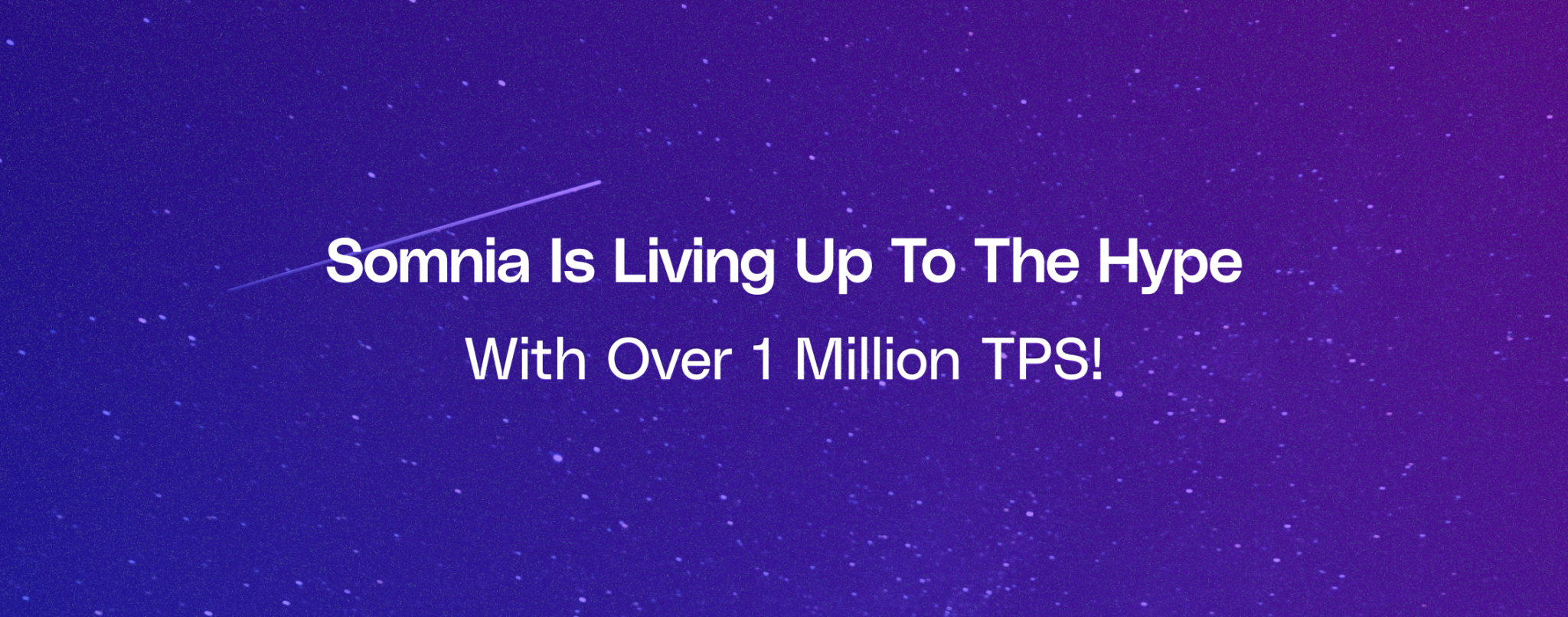
Decentralized Identity Management
Decentralized Identity Management
Decentralized identity management is a critical aspect of blockchain technology that has far-reaching implications for individuals, businesses, and governments. As we continue to navigate the complexities of the digital world, it's becoming increasingly important to have control over our online presence and personal data. Decentralized identity management offers a solution to this problem, enabling self-sovereign identity, secure data storage, and transparent authentication mechanisms.
The concept of decentralized identity management is not new, but it's gaining traction as more people become aware of the importance of data privacy and security. According to John Abbott, a leading expert in the field, "Decentralized identity management is about giving individuals control over their own identity, and allowing them to manage their own data, rather than relying on centralized authorities." This approach has the potential to revolutionize the way we think about identity and data management, and it's an area that's being explored by developers, researchers, and entrepreneurs around the world.
The Current State of Decentralized Identity Management
The current state of decentralized identity management is characterized by a lack of standardization and interoperability between different blockchain platforms. This makes it difficult for developers to create applications that can seamlessly interact with different identity management systems. However, there are several initiatives underway to address this issue, including the development of decentralized identity management protocols and standards. For example, the Decentralized Identity Foundation is working to create a set of standards and protocols that can be used to enable decentralized identity management on blockchain.
Despite the challenges, there are already several successful decentralized identity management implementations in production. For instance, the Estonian government has developed a decentralized identity management system that allows citizens to control their own identity and data. This system uses blockchain technology to secure and store identity data, and it's been shown to be highly effective in preventing identity theft and fraud. As we move forward, we can expect to see more implementations like this, and it's likely that decentralized identity management will become a standard feature of blockchain-based systems.

Technical Architectures for Self-Sovereign Identity Systems
One of the key challenges in developing decentralized identity management systems is creating technical architectures that can support self-sovereign identity. This requires a deep understanding of blockchain technology, as well as the development of new protocols and standards. According to Dr. Tim Berners-Lee, "The web was designed to be a decentralized system, but it's become increasingly centralized over time. Decentralized identity management is a way to return to the web's decentralized roots, and to give individuals control over their own data." To achieve this, developers are exploring new technical architectures that can support self-sovereign identity, including the use of decentralized data storage solutions and blockchain-based authentication mechanisms.
For example, some developers are using decentralized data storage solutions like InterPlanetary File System (IPFS) to store identity data. This allows individuals to control their own data, and to ensure that it's secure and private. Others are using blockchain-based authentication mechanisms, such as decentralized public key infrastructure (DPKI), to enable secure and transparent authentication. These technical architectures have the potential to support self-sovereign identity, and they're being explored by developers and researchers around the world.
Case Studies of Successful Decentralized Identity Management Implementations
There are already several successful decentralized identity management implementations in production, and these case studies can provide valuable insights into the potential of this technology. For instance, the city of Zug in Switzerland has developed a decentralized identity management system that allows residents to control their own identity and data. This system uses blockchain technology to secure and store identity data, and it's been shown to be highly effective in preventing identity theft and fraud. Another example is the uPort decentralized identity management system, which allows individuals to control their own identity and data, and to use it to access a range of services and applications.
Some of the key benefits of decentralized identity management include:
- Increased security and privacy
- Improved control over personal data
- Enhanced transparency and accountability
- Reduced risk of identity theft and fraud These benefits are being realized in a range of contexts, from government and finance to healthcare and education. As we move forward, we can expect to see more implementations of decentralized identity management, and it's likely that this technology will become a standard feature of blockchain-based systems.
Regulatory Frameworks and Standards for Decentralized Identity Management
As decentralized identity management becomes more widespread, it's likely that regulatory frameworks and standards will be developed to govern its use. This could include standards for data storage and security, as well as regulations around the use of decentralized identity management in different contexts. According to Christian Hasker, "Regulatory frameworks and standards are essential for the widespread adoption of decentralized identity management. They will provide a clear framework for developers and users, and will help to ensure that this technology is used in a way that's secure, private, and transparent." To achieve this, governments and regulatory bodies are working to develop frameworks and standards that can support the development of decentralized identity management.
For example, the European Union's General Data Protection Regulation (GDPR) provides a framework for data protection and privacy, and it's likely that similar regulations will be developed in other jurisdictions. Additionally, organizations like the Decentralized Identity Foundation are working to develop standards and protocols that can support the development of decentralized identity management. These regulatory frameworks and standards will be essential for the widespread adoption of decentralized identity management, and they will help to ensure that this technology is used in a way that's secure, private, and transparent.
Gaming and Identity
As we explore the concept of decentralized identity management, it's interesting to consider how our online identities are shaped by our interactions with various digital systems. This got me thinking about the world of online gaming, where players often create avatars and personas that reflect their personalities and interests. In this context, the idea of identity management takes on a new dimension, as players must navigate complex virtual worlds and manage their digital reputations. For those looking to try their luck in a virtual gaming environment, checking out Coins of Alkemor Hold&Win slot online (Betsoft) can be a great way to experience the thrill of online gaming, while also considering the implications of identity management in these virtual spaces. Ultimately, the intersection of gaming and identity management raises important questions about how we present ourselves online and how we can protect our digital identities in an increasingly complex and interconnected world.
The Role of Artificial Intelligence and Machine Learning in Decentralized Identity Management
Artificial intelligence and machine learning are likely to play a key role in the development of decentralized identity management, particularly in the areas of data analysis and authentication. For instance, machine learning algorithms can be used to analyze identity data and detect potential security threats, while artificial intelligence can be used to develop more sophisticated authentication mechanisms. According to Dr. Yoshua Bengio, "Artificial intelligence and machine learning have the potential to revolutionize the field of decentralized identity management. They can be used to develop more secure and private systems, and to improve the overall user experience." To achieve this, developers are exploring the use of artificial intelligence and machine learning in decentralized identity management, and it's likely that these technologies will become increasingly important in the future.
As we move forward, it's likely that decentralized identity management will become a standard feature of blockchain-based systems, and it will play a critical role in enabling self-sovereign identity. With its potential to provide secure, private, and transparent identity management, decentralized identity management is an area that's worth exploring in more depth. Whether you're a developer, researcher, or simply someone who's interested in the potential of blockchain technology, decentralized identity management is an area that's definitely worth watching.



